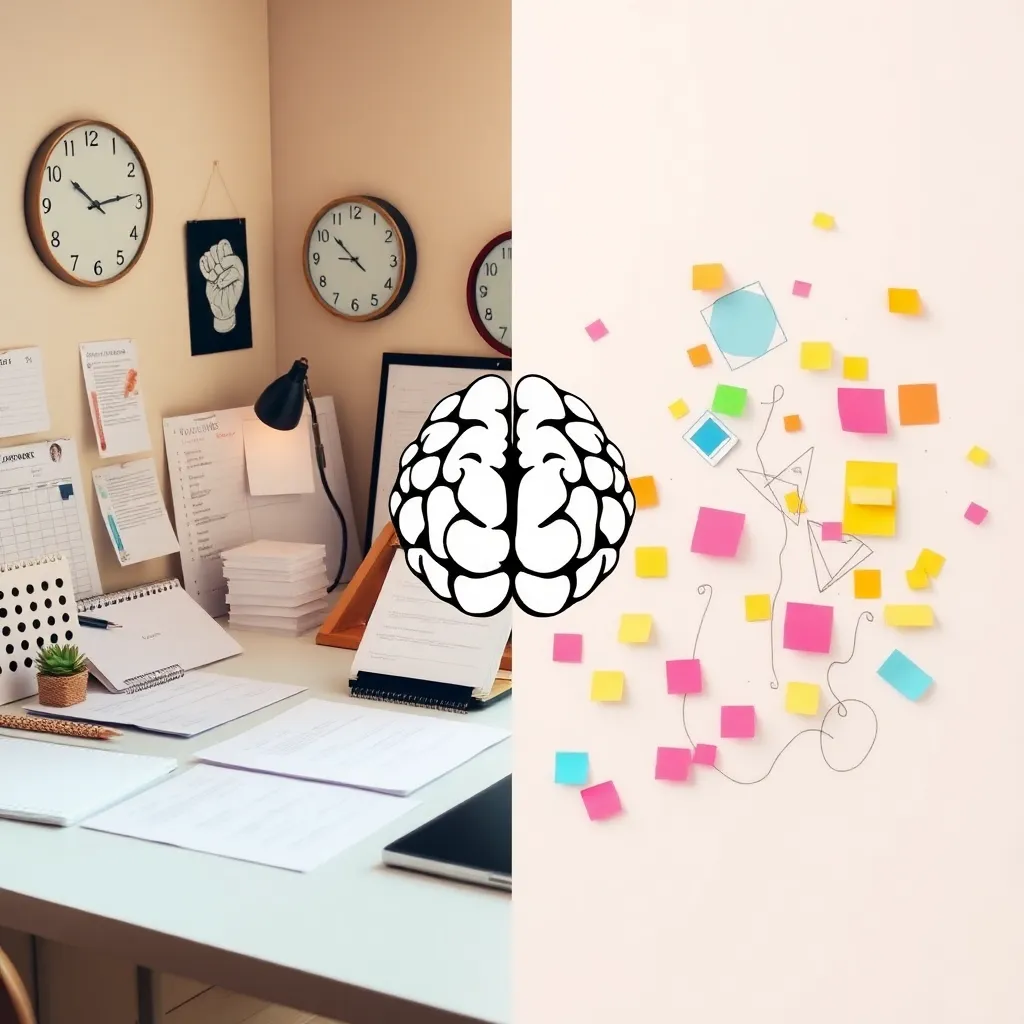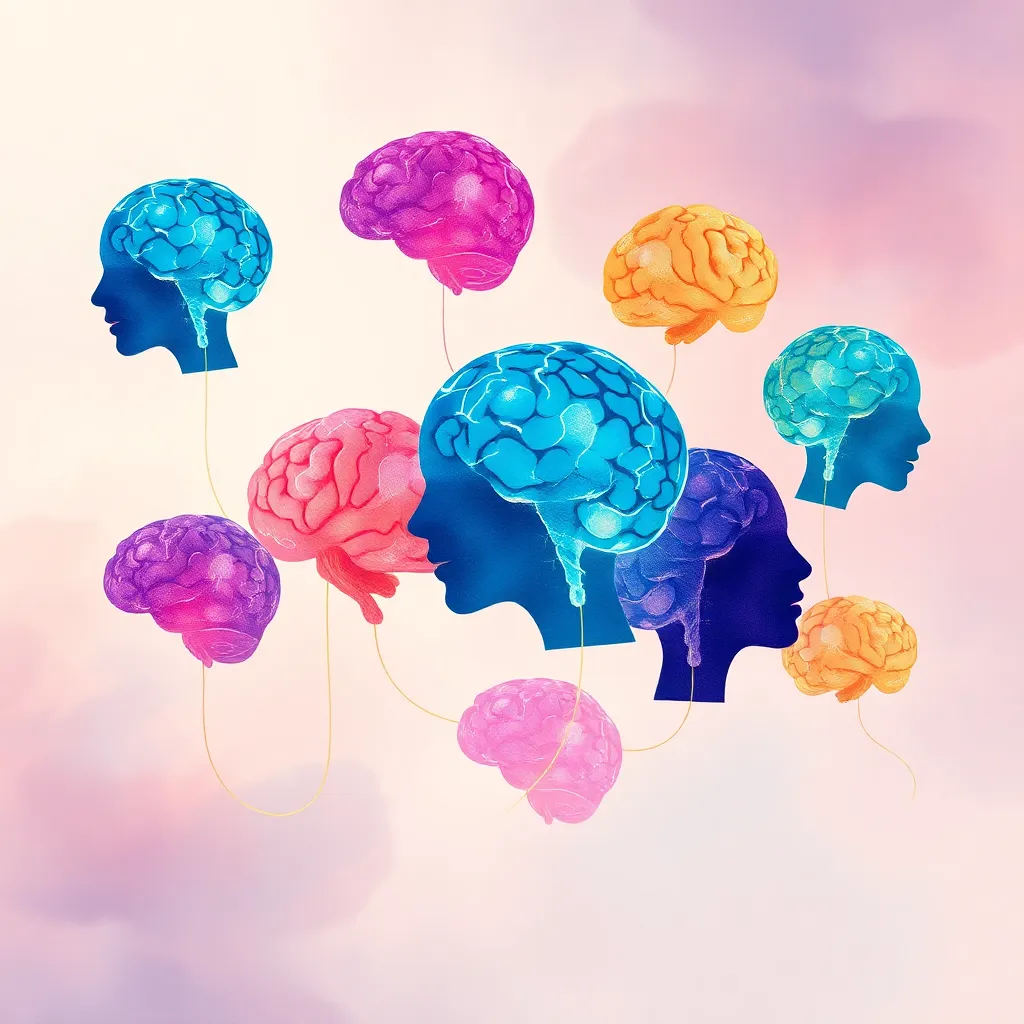Category: Personality Psychology
-
How Your OCEAN Personality Affects Your Packing List: A Fun Guide
How Your OCEAN Personality Impacts Your Travel Packing List: Tailor Your Trip When preparing for travel, how you pack can say a lot about your personality. This is especially true when we consider the five dimensions of the OCEAN personality model: Openness, Conscientiousness, Extraversion, Agreeableness, and Neuroticism. Whether you’re a meticulous planner or someone who…
-
Openness to Experience: The Most Beautiful—and Dangerous—Big Five Trait
Openness to Experience is the trait everyone romanticizes. It’s the dreamer’s trait, the creative’s playground, the mystic’s lens. It fuels your capacity for imagination, novelty, emotional depth, and non-linear thinking. It’s what makes someone fall in love with poetry in a parking lot or consider changing careers after reading a single tweet. But as with…
-

Dating the Big Five: Understanding Big Five Dating Compatibility and Romantic Behavior
Love, Personality, and the Psychology of Connection Why do some people crave intense emotional connections, while others seem to treat dating like a logic puzzle? Why do some dive into relationships impulsively, while others take a measured, step-by-step approach? The answer may lie in one of psychology’s most influential frameworks: the Big Five Personality Traits.…
-

Neuroticism, but Make It Fashion: How Emotional Volatility Fuels Creativity and Style
Rethinking a Misunderstood Trait In the landscape of personality psychology, few traits are as misunderstood—and maligned—as neuroticism. Often portrayed as a flaw or a weakness, neuroticism is commonly associated with moodiness, anxiety, and overthinking. But this limited view overlooks the complex and surprising strengths that can arise from emotional sensitivity. What if, instead of something…
-

Agreeableness Isn’t Niceness: Why People-Pleasers Score Lower Than You Think
Unpacking a Misunderstood Trait Agreeableness and personality traits like empathy and emotional intelligence are often misunderstood. Many confuse healthy agreeableness with people-pleasing, assuming it’s about always saying yes or avoiding conflict. But in personality psychology, agreeableness is far more than politeness—it reflects prosocial behavior, emotional depth, and a genuine drive for harmony. This article unpacks…
-

Conscientiousness vs Chaos: Why Some People Can’t ‘Just Wing It’—and Others Thrive in the Mess
The Hidden Power of Structure Some people thrive on structure, others on improvisation—but both reflect underlying conscientiousness and personality patterns. In psychology, this trait plays a crucial role in how we manage productivity, decision-making, and self-discipline. Whether you’re drawn to meticulous planning or prefer creative spontaneity, understanding where you fall on the Big Five conscientiousness…
-

Big Five Openness: How Your Netflix Queue Predicts Your Next Career Move
Is Your Netflix Queue a Window Into Your Future? Why does your best friend rewatch Friends while you binge Dark or Black Mirror? The answer may lie in openness to experience and personality—a key Big Five trait linked to curiosity, imagination, and creative thinking. From your Netflix habits to your career path, this dimension of…
-

Beyond the Diagnosis: How the Big Five Personality Traits Illuminate Neurodivergent Minds.
Big Five personality traits offer a powerful way to understand neurodivergent minds. Most psychological assessments are designed to diagnose. They seek out what’s “wrong,” label it, and move on. But what if we shifted the lens—from deficiency to difference? The Big Five personality model, often called OCEAN, offers such a shift. OCEAN isn’t a medical…

